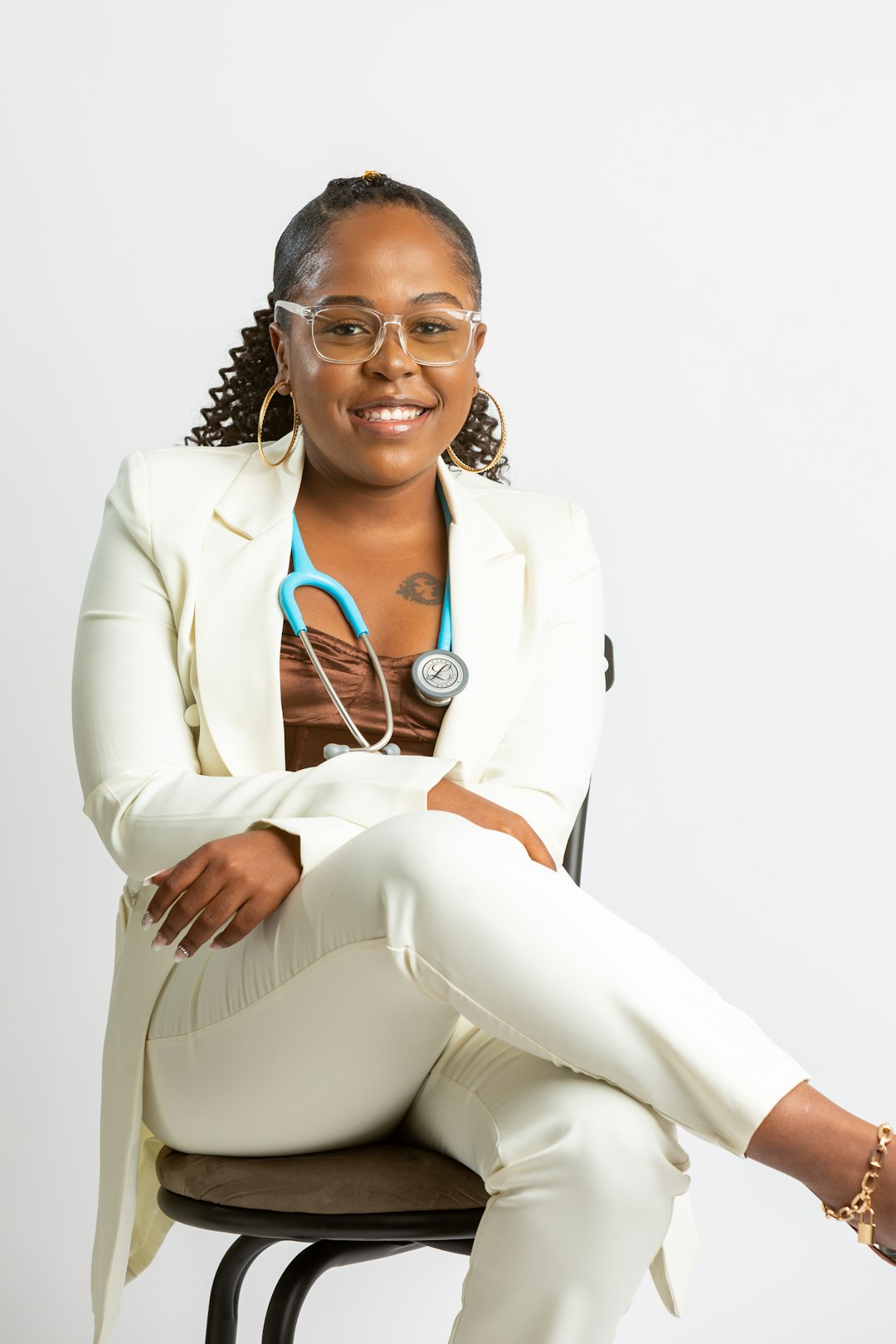In New York City, the prevalence of doctor sexual assault is a growing concern within the healthcare industry. Despite complex case dynamics and victim fears, available data underscores the urgent need for accountability. Doctor attorneys play a crucial role in advocating for victims' rights, pressing for stronger hospital policies, and ensuring justice against perpetrators. By combining legal advocacy with policy reforms, they aim to revolutionize healthcare safety standards in NY. Survivors can seek justice through evidence gathering and civil lawsuits, while hospitals implement comprehensive reforms focusing on staff training, consent procedures, and patient empowerment. Led by doctor attorneys, these efforts collectively work towards creating a safer healthcare environment for patients.
In New York, the issue of doctor sexual assault within hospitals demands urgent attention. Despite efforts to combat this pervasive problem, holding healthcare institutions accountable remains challenging. This article explores the complex landscape surrounding this crisis, delving into the prevalence, legal intricacies, and patient safety gaps. We analyze existing laws and their limitations in protecting victims, examine hospital duties, and provide strategies for affected individuals to seek justice as well as potential reforms to strengthen patient security. For those considering legal action against doctor attorneys in NY, understanding these dynamics is crucial.
Understanding the Problem: The Prevalence of Doctor Sexual Assault in New York Hospitals
In New York, the issue of doctor sexual assault within hospitals has garnered significant attention due to its alarming prevalence. Numerous cases have come to light, highlighting a pressing need for accountability and justice. A doctor attorney in NY plays a crucial role in navigating this complex landscape, ensuring that victims’ rights are protected and holding perpetrators accountable.
The bustling healthcare environment in New York City, with its vast network of hospitals and medical facilities, unfortunately, provides opportunities for misconduct. Victims often face challenging barriers when coming forward, including fear of retaliation, power dynamics within the medical profession, and complex legal processes. As a result, many cases go unreported, making it difficult to estimate the true extent of this problem. However, available data suggests that doctor sexual assault is a pervasive issue, demanding immediate attention from healthcare institutions and legal experts alike.
Legal Framework: Existing Laws and Their Limitations in Holding Hospitals Accountable
In New York, the legal framework for holding hospitals accountable for doctor sexual assault is multifaceted but has its limitations. While state laws and regulations mandate patient safety and consent, they often fall short when it comes to explicit provisions against non-consensual intimate acts within healthcare settings. The current legal landscape relies heavily on existing statutes related to medical malpractice, assault, and battery, which, while applicable, may not fully capture the complexities of such heinous crimes.
Doctor attorneys in New York argue that hospital policies and procedures should be more robustly enforced to prevent and address sexual misconduct by healthcare providers. This includes implementing stricter screening processes for new hires, providing mandatory training on patient consent and ethical conduct, and establishing clear reporting mechanisms for suspected incidents. In addition, hospitals can face increased legal scrutiny if they fail to uphold these standards, ensuring accountability and potentially deterring future instances of doctor sexual assault.
Roles and Responsibilities: Hospital Obligations and Doctor-Patient Boundaries
In New York, hospitals bear a significant responsibility for ensuring the safety and well-being of patients, including protecting them from potential sexual assault. This involves a multifaceted approach where healthcare facilities must uphold strict boundaries between doctors and patients. Hospitals are obligated to implement robust policies and procedures that prevent any form of inappropriate conduct, especially in vulnerable patient populations. A doctor attorney in NY emphasizes that this includes clear communication about professional limits, consent processes, and reporting mechanisms for any suspected or actual misconduct.
The roles and responsibilities extend beyond policy; hospitals must cultivate a culture where patients feel empowered to speak up and where staff are trained to recognize and address red flags. Doctor-patient boundaries should be clearly defined, with measures in place to maintain professional integrity at all times. This involves not only physical separation but also ethical guidelines that govern interactions, ensuring patients receive quality care without fear of exploitation or abuse.
Strategies for Victims: Seeking Justice and Compensation through Legal Action
For victims of doctor sexual assault in New York, seeking justice and compensation can be a daunting process but is crucial for healing and holding perpetrators accountable. The first step is to gather evidence, which may include medical records detailing the incident, any police reports filed, and witness statements from individuals present during or after the assault. Documenting these details with the assistance of a doctor attorney in New York (NY) can significantly strengthen a case.
Victims should then consult with an experienced doctor attorney in NY to understand their legal options. A qualified lawyer can guide them through the process of filing a civil lawsuit against the hospital and/or responsible doctors for medical malpractice, negligence, and violation of patient rights. They can also help victims navigate the complexities of personal injury law and fight for fair compensation for physical, emotional, and psychological damages.
Potential Reforms: Enhancing Hospital Policies and Patient Safety Measures
In response to the pressing issue of doctor sexual assault, potential reforms in New York hospitals aim to enhance policies and patient safety measures. One crucial step is implementing stricter protocols for staff training and consent procedures, ensuring that all medical professionals are educated on ethical conduct and patient boundaries. This includes mandatory reporting mechanisms for suspected misconduct, with incentives for patients to come forward without fear of retaliation.
Additionally, technology can play a role in preventing such incidents. Hospitals could adopt secure communication channels for patient-doctor interactions, allowing doctors to seek clarification or consent in real-time. Furthermore, anonymous feedback systems could be integrated into hospital platforms, enabling patients to report any uncomfortable behaviors discreetly. These reforms, spearheaded by proactive doctor attorneys in NY, aim to create a safer environment, holding hospitals accountable and protecting patients’ rights.





